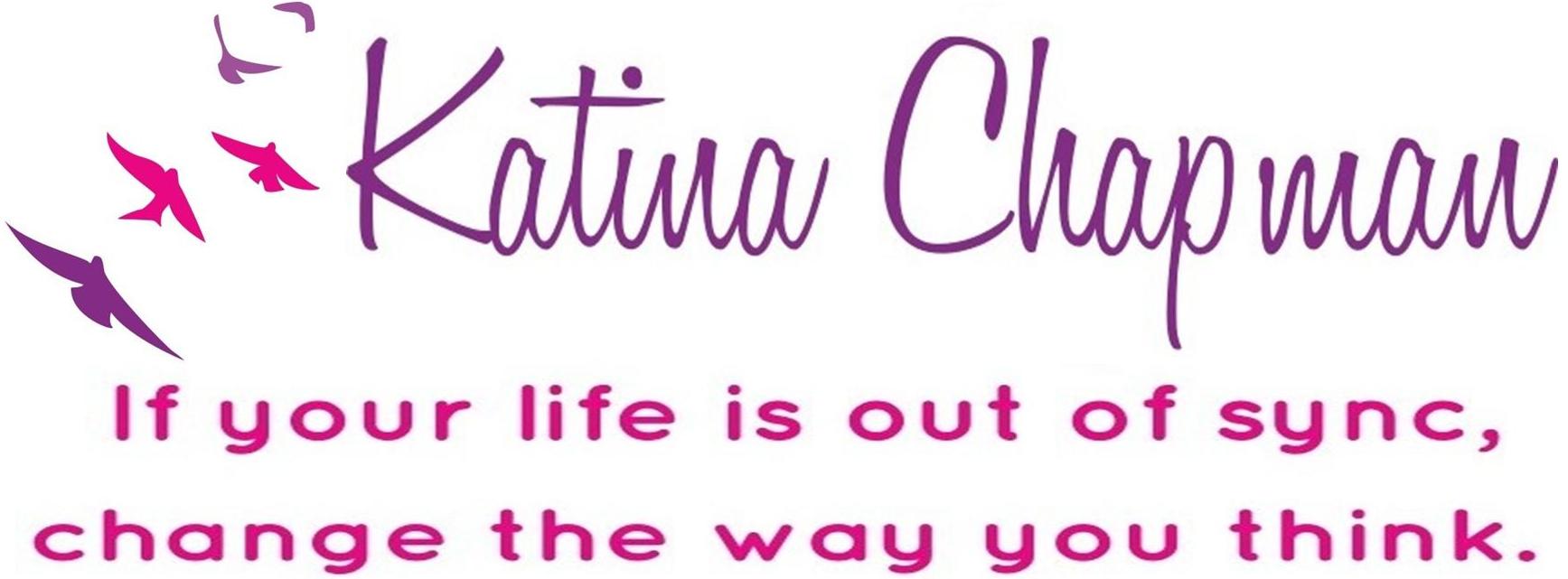Hypnosis & Hypnotherapy
Recognising and changing subconscious behaviours, thoughts and habits have become more and more popular, as people begin to realise that they have literally picked up things, which don’t really serve them.
However, the quest to change those patterns is not easy. Especially if that relates to hard-wired behaviors, emotions, and thoughts.
Nevertheless, the change is best induced in the proper state of mind, one that has nothing to do with your belief about situations, people, or even your own inner biology.
Hypnotherapy has gained a lot of traction as a way for a person to tap into their subconscious programs… and change them!
In this article, we’re going to give you some insight into hypnosis, hypnotherapy, and how you can use them for your own greater good.
What Is Hypnosis?
Hypnosis is a technique that helps you enter an altered state of mind, where you can direct your attention to specific goals or recognise and release toxic thoughts and beliefs that you hold within.
Contrary to popular belief, hypnosis isn’t woo-woo magic but rather a scientifically proven method for psychological intervention.
With the right approach, a hypnotherapist can help you understand yourself to a deeper extent, in what appears to be a deep meditative state.
The best thing? You are actually conscious throughout the entire process meaning that you are in control.
Hypnosis & The Conscious State
Wait, what? You are actually conscious and in control during hypnosis? Aren’t you supposed to be borderline asleep?
Well, not really! In hypnosis you are never asleep, instead, you are deeply relaxed.
These are just some of the commonly asked questions. So allow us to further clarify for you, what the difference is between the hypnotic-conscious and normal-conscious states.
The MAIN difference is your brain activity. In hypnosis, the brain is tuned to different brainwave frequencies. Thus entering a more playful state of mind, that does not follow the main thought and emotional sequence.
This state of mind gives you easy access to the subconscious and therefore allows you to more easily change thought, emotional and behavioral patterns.
What Can Hypnosis Do For You?
If you know a thing or two about the brain, you probably know that the majority of your wake time is governed by the subconscious.
On there, you have a recorded version of what appears to be a reasonable picture of the world in all of its aspects, as well as your regular habits.
That story and all of its scenes are strongly supported by your beliefs about them.
Hypnosis can practically tap into any existing beliefs and help you change those for the better.
For instance, through hypnotherapy, you can do the following:
- Quit smoking and other bad habits
- Release stress and anxiety
- Overcome fears
- Overcome phobias
- Overcome anxiety
- Develop discipline and motivation
Those are just a part of the things you can do with a hypnotherapist. But before you rush into it, let’s discuss why that ACTUALLY happens.
The Different Modes Of The Brain
As we mentioned, in hypnosis, the brain works on different brainwave frequencies, each of which is associated with a certain state.
These so called “modes” of the brain, change throughout the day and generally follow a cycle.
Let’s have a look.
Beta Brainwaves
These brainwaves are of the highest frequency and the brain is tuned to them during your wake life, as this mode makes you more alert of the environment.
Think of beta as the brainwaves on which you think and do tasks in your wake life.
Alpha Brainwaves
The alpha brainwaves represent a more mellow state and you usually tap into those in the process of falling asleep.
Think of alpha as the brainwaves on which you reach a more relaxed, daydreaming state.
This state is the primary goal of a hypnotherapy session, as well as meditation.
Theta Brainwaves
This third type of brainwave is of a very low frequency, where you reach a very deep, unconscious meditative state.
In theta, you’re usually past the conscious point and up into sleep, which is why working in those frequencies with a hypnotherapist is probably suboptimal.
Delta Brainwaves
Finally, delta brainwaves are of the lowest frequency and represent a full-blown state of deep sleep.
This is a totally unconscious state, where you are in your deepest recovery, which is why it is not applicable during hypnosis.
Take-Home Message
There are a number of rumours about hypnosis. Some people say that hypnotherapists can instill in their patients’ things against their will. But the truth is that hypnosis only works with states you can naturally tap into while being conscious.
Think of hypnosis as a playful, daydreaming state that can help you neutrally analyse and change behaviours, thoughts, and emotions.
This is perhaps one of the best approaches when you want to change hard-wired beliefs and emotions that are no longer serving you well.
Have you tried hypnosis and if yes, what was your experience? Share with us in the comment section below!
If you enjoyed reading this you may enjoy reading some of my other pages about hypnosis and hypnotherapy. You can read more about the Hypnotic Approach here and how you naturally go into a Hypnotic Trance every day here. Watch my video on why Hypnosis is the Key to Success here. You can discover more about what to expect in a Hypnotherapy session on this page and more on the Truth about Hypnosis here.

